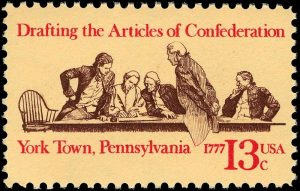Ribble Eager to Discuss Issues, Not Presidential Race at Law School Program
It was more than a half hour into an hour-long conversation with Rep. Reid Ribble, a Republican who represents much of northeastern Wisconsin in the US House of Representatives, when Mike Gousha, the host, said he wanted to talk about the presidential election.
“Do we have to?” Ribble replied.
Well, yes. You can’t exactly ignore it these days. But Ribble made it clear that he would much rather talk about issues that are central to the nation’s future, and he would much rather if everybody else did, too.
That’s why the first 25 minutes or so of the “On the Issues with Mike Gousha” program at Marquette Law School on Tuesday focused on Ribble’s proposals for altering Social Security to assure the system functions well for many decades to come.


